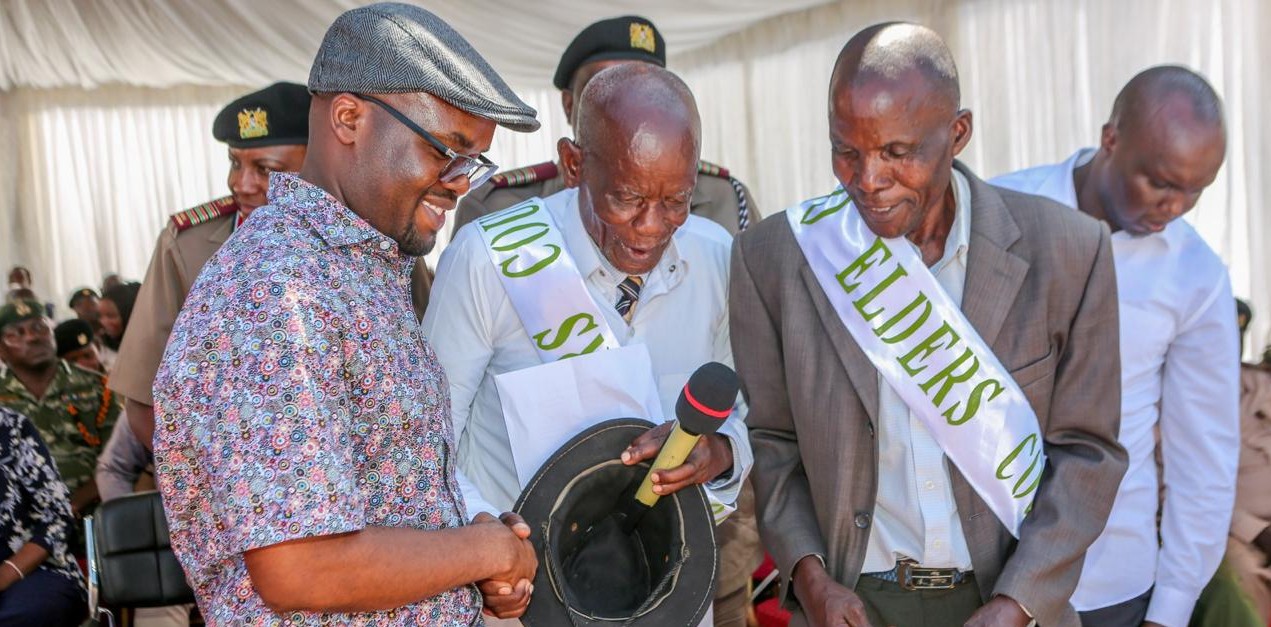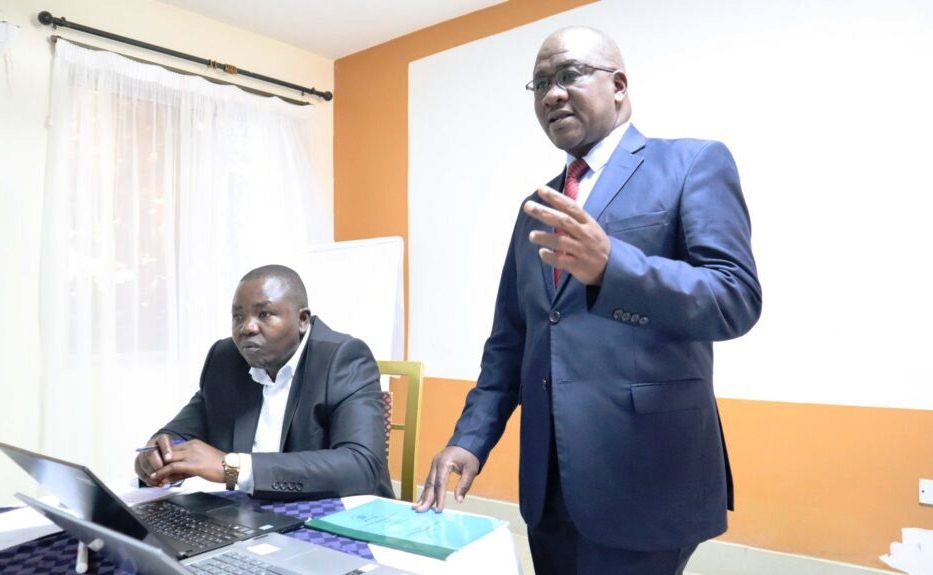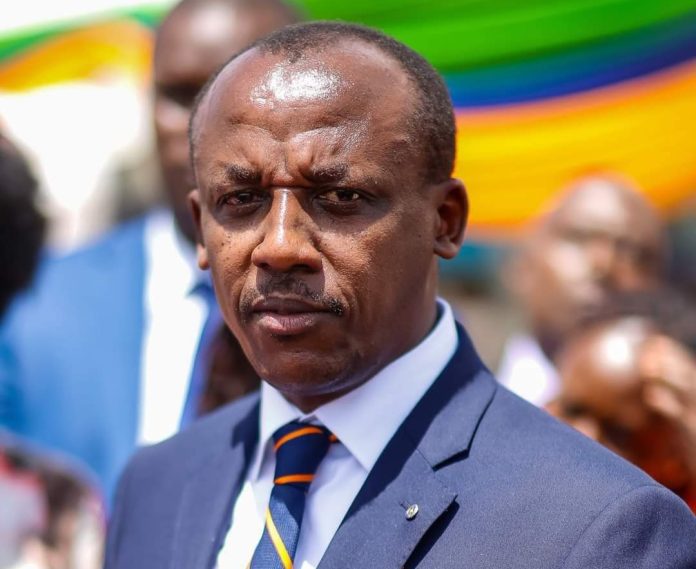In a landmark effort to strengthen grassroots governance, the Kenya Kwanza Government under President William Ruto has launched public participation forums for two transformative draft policies: the Draft National Government Village Administration Policy and the Draft National Government Coordination (Administrative Units) Regulations, 2025.
The forums, led by the Ministry of Interior and National Administration, began this week at Pangani Girls’ High School in Nairobi, under Nairobi Regional Commissioner Katee Mwanza. Concurrent sessions are underway in counties, including Garissa, Kisumu, Meru, Nakuru, Mombasa, Nyeri, Machakos, Kakamega, and Uasin Gishu.
At the core of the Village Administration Policy is the formalization of Village Elders as respected community leaders who serve as first responders in conflict resolution, public verification, and village-level coordination. Despite their critical role, these leaders have operated without legal recognition or compensation for decades. The policy will integrate them into the national government’s administrative framework, empowering them with legal authority and resources to address local issues effectively.
Formalized Village Elders will promote peace, security, and good governance in collaboration with state agencies. Their duties will include maintaining a village incident register and supporting civil dispute resolution through alternative methods.
To qualify as a Village Elder, candidates must be:
- A Kenyan citizen of sound mind.
- Knowledgeable about the village’s culture and people.
- A resident of the village for at least five continuous years.
- Compliance with the ethical standards in Chapter Six of the Constitution.
Strengthening Governance from the Ground Up
The Administrative Units Regulations aim to streamline Kenya’s sub-national governance framework by providing legal clarity for the creation and operation of Sub-Counties, Divisions, Locations, and Sub-Locations, units that have often lacked official designation or funding.
“These reforms will address historical gaps, ensuring village structures are legally anchored, well-resourced, and capable of serving every citizen,” said Internal Security Principal Secretary Dr. Raymond Omollo, in a statement delivered by Commissioner Mwanza.
The Ministry has urged the public, including Nyumba Kumi (a community policing initiative), civil society, religious groups, and the private sector, to provide feedback during these forums. “Public involvement is essential to shaping governance that reflects Kenyan communities’ realities,” Dr. Omollo stated.
The reforms align with Article 6(3) of the Constitution, which mandates equitable access to public services nationwide. Recognizing the village as the lowest administrative unit is not only constitutional but, as Dr. Omollo emphasized, a moral imperative.
The draft frameworks stem from an inclusive process, including memoranda, inter-agency meetings, and stakeholder forums. They align with national and county legislation and policies to ensure cohesive governance.




